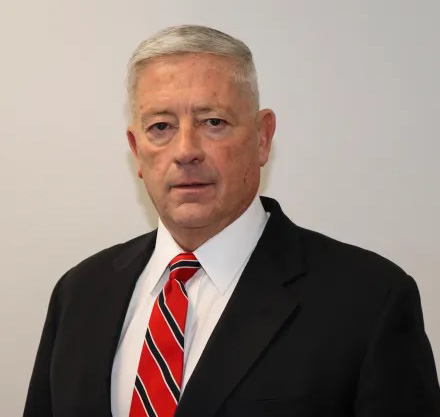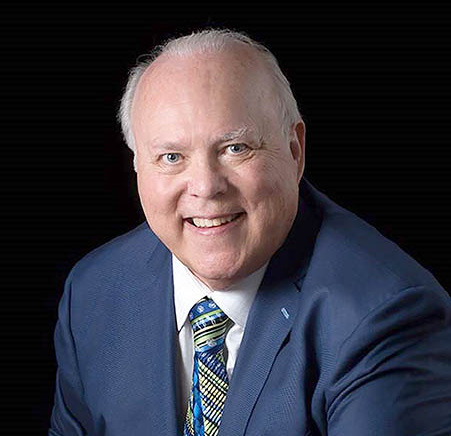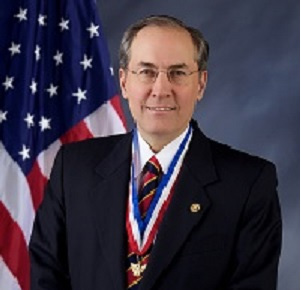This module is designed to help you explore how science affects your life each day.
| 1. | Choose A or B or C and complete ALL the requirements. | ||||||||||||||||||||
|
| A. | Watch an episode or episodes (about one hour total) of a show about anything related to science. Then do the following: | |||||||||||||||||||
|
|
| 1. | Make a list of at least two questions or ideas from what you watched. | ||||||||||||||||||
|
|
| 2. | Discuss two of the questions or ideas with your counselor. | ||||||||||||||||||
|
|
| Some examples include—but are not limited to—shows found on PBS (“NOVA”), Discovery Channel, Science Channel, National Geographic Channel, TED Talks (online videos), and the History Channel. You may choose to watch a live performance or movie at a planetarium or science museum instead of watching a media production. You may watch online productions with your counselor’s approval and under your parent’s supervision. | |||||||||||||||||||
|
| B. | Read (about one hour total) about anything related to science. Then do the following: | |||||||||||||||||||
|
|
| 1. | Make a list of at least two questions or ideas from what you read. | ||||||||||||||||||
|
|
| 2. | Discuss two of the questions or ideas with your counselor. | ||||||||||||||||||
|
|
| Books on many topics may be found at your local library. Examples of magazines include but are not limited to Odyssey, KIDS DISCOVER, National Geographic Kids, Highlights, and OWL or owlkids.com | |||||||||||||||||||
|
| C. | Do a combination of reading and watching (about one hour total) about anything related to science. Then do the following: | |||||||||||||||||||
|
|
| 1. | Make a list of at least two questions or ideas from what you read and watched. | ||||||||||||||||||
|
|
| 2. | Discuss two of the questions or ideas with your counselor. | ||||||||||||||||||
| 2. | Complete ONE adventure from the following list for your current rank or complete option A or B. (If you choose an Adventure, choose one you have not already earned.) Discuss with your counselor what kind of science, technology, engineering, and math was used in the adventure or option. | ||||||||||||||||||||
|
|
| ||||||||||||||||||||
|
| Option A: Complete all of the following: (a) Explain the scientific method to your adult partner. (b) Use the scientific method in a simple science project. Explain the results to an adult. (c) Talk to a scientist about why he or she became a scientist. | ||||||||||||||||||||
|
| Option B: Complete all of the following: (a) Show how to orient a map. Find three landmarks on the map. (b) Make a simple compass with a magnet and pin. (c) Show how a compass works. (d) Use a compass on an orienteering activity with at least 3 stops. | ||||||||||||||||||||
| 3. | Act like a scientist! Explore EACH of the following: | ||||||||||||||||||||
|
| A. | With your counselor, choose a question you would like to investigate. | |||||||||||||||||||
|
|
| 1. | Why do rockets have fins? Is there any connection between the feathers on arrows and fins on rockets? | ||||||||||||||||||
|
|
| 2. | Why do some cars have spoilers? How do spoilers work? | ||||||||||||||||||
|
|
| 3. | If there is a creek or stream in your neighborhood, where does it go? Does your stream flow to the Atlantic or the Pacific ocean? | ||||||||||||||||||
|
|
|
| With your parent’s or guardian’s permission and assistance, you may want to use an online mapping application to follow the streams and rivers to the ocean. Keep track of the names of the streams, lakes, and rivers connecting your stream to the ocean. Is it possible for you to find out the name of your watershed? Paddle-to-the-Sea by Holling C. Holling is a fun book on this topic. | ||||||||||||||||||
|
|
| 4. | Is the creek or stream in your neighborhood or park polluted? | ||||||||||||||||||
|
|
|
| You can do a stream sample to find out what kinds of things are living in the water and under the rocks. Some things can survive in polluted water; others can live only in clean water. You can discover if a stream is polluted by finding out what lives there. | ||||||||||||||||||
|
|
| 5. | What other activity can you think of that involves some kind of scientific questions or investigation? | ||||||||||||||||||
|
| B. | With your counselor, use the scientific method/process to investigate your question. Keep records of your question, the information you found, how you investigated, and what you found out about your question. | |||||||||||||||||||
|
|
| You may do 3B with another Cub Scout if you would like, but you need to do and record your own work. | |||||||||||||||||||
|
| C. | Discuss your investigation and findings with your counselor. | |||||||||||||||||||
| 4. | Visit a place where science is being done, used, or explained, such as one of the following: zoo, aquarium, water treatment plant, observatory, science museum, weather station, fish hatchery, or any other location where science is being done, used, or explained. | ||||||||||||||||||||
|
| A. | During your visit, talk to someone in charge about science. | |||||||||||||||||||
|
| B. | Discuss with your counselor the science done, used, or explained at the place you visited. | |||||||||||||||||||
| 5. | Discuss with your counselor how science affects your everyday life. | ||||||||||||||||||||




